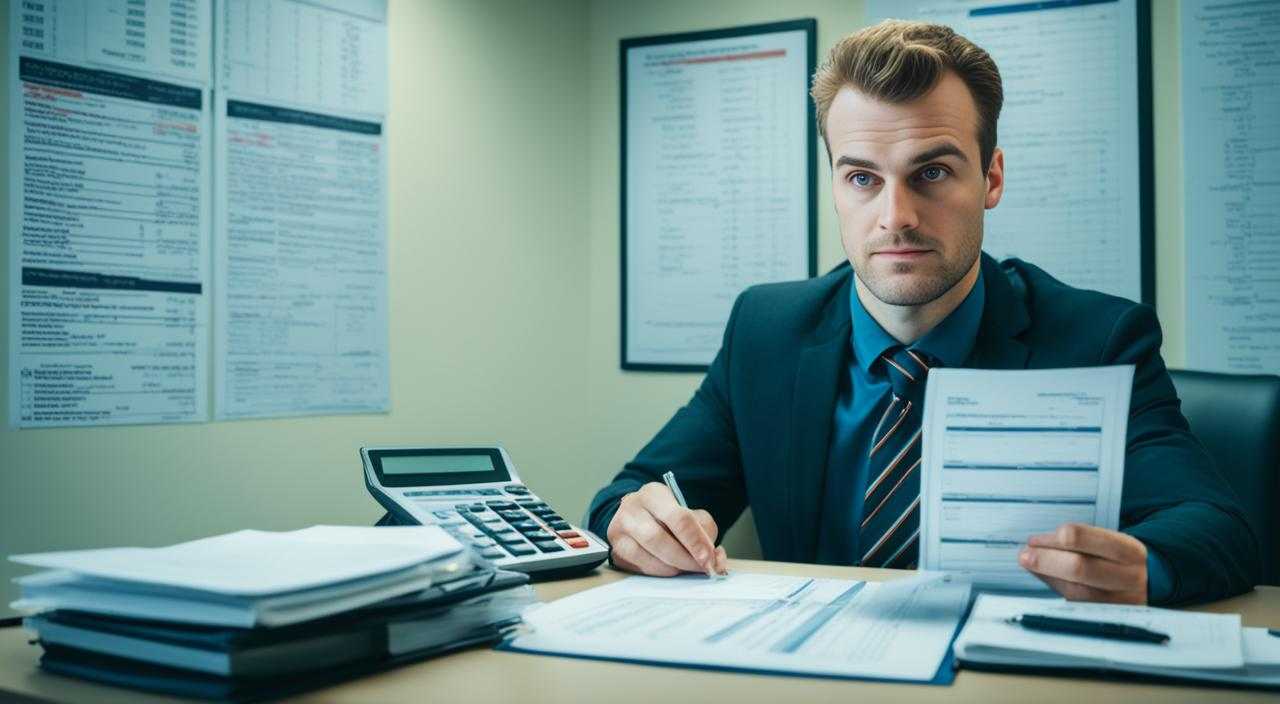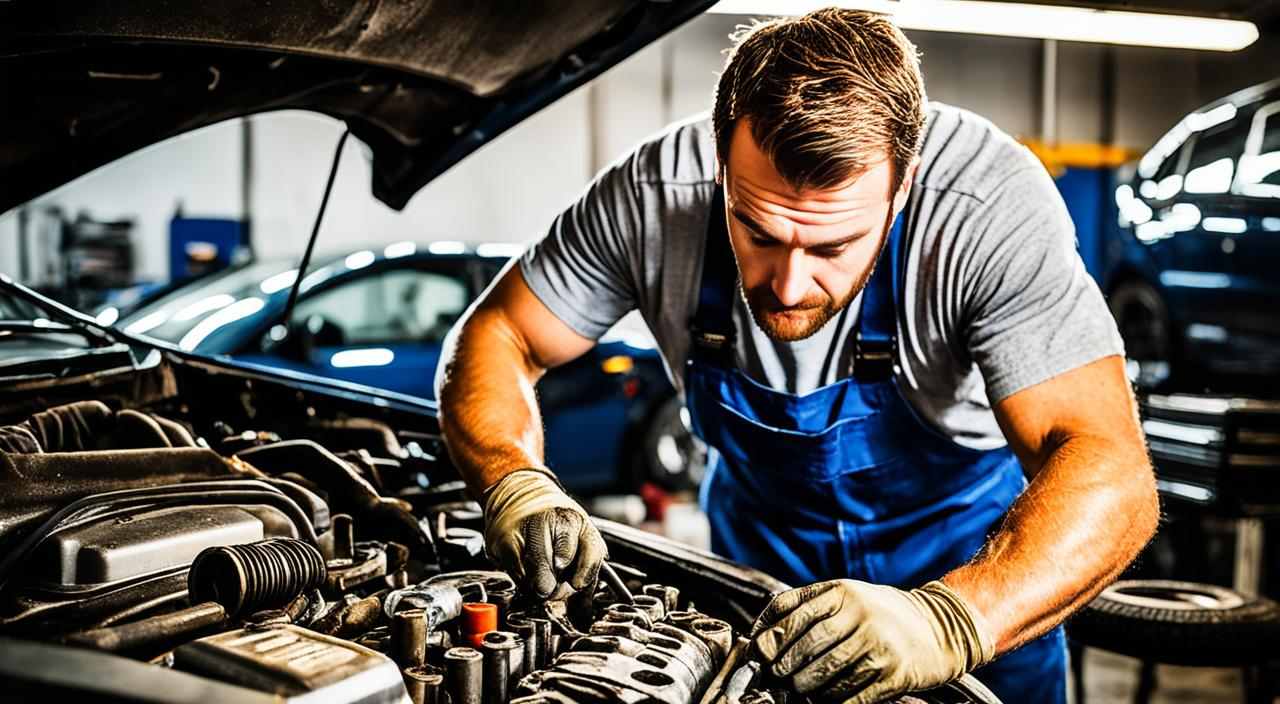How to become a tutor without a degree

Do you know, you don’t always need to go the usual way of higher education to share your knowledge? If ...
Read more
How to become a freelancer without a degree

Have you ever thought about freelancing but are worried you need a degree? Don’t worry. What matters more is your ...
Read more
How to become a pilot without a degree

Some think you need many years of college to fly planes. But that’s not true. Pilot training without a degree is a ...
Read more
How to become a childcare worker without a degree

If you love helping young minds grow but don’t have a college degree, don’t worry. You can still start a career ...
Read more
How to become a bookkeeper without a degree

Do you know that you can become a bookkeeper and start a rewarding financial career, no degree is needed. You’ll ...
Read more
How to become a chef without a degree

Want to cook up a great career in kitchens but don’t have culinary school training? Don’t worry. Your love for ...
Read more
How to become a mechanic without a degree

Do you know that you don’t need college credentials to start a career as a mechanic? This guide shows how ...
Read more
How to become a carpenter without a degree

Starting a new career is exciting but can be scary, especially if it’s not a common path. Becoming a carpenter without ...
Read more
How to become a real estate agent without a degree

Starting a career in real estate is now possible for many. If you dream of making big property deals, here’s good news. ...
Read more
How to become a digital marketing specialist without a degree

Hello readers, do you know that there’s no need to get a degree to start a career in online marketing these days? ...
Read more